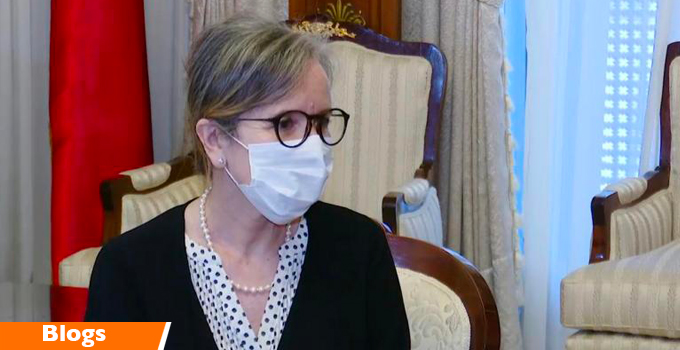The 2019 presidential campaign began on Monday, September 2, 2019. Between those who have it, those who want to have it, and those who are preventedfrom having it, the fight over power has just started. Like every election, candidates are playing the « Tunisian woman » card and pitting us, Tunisian women, against each other, instrumentalizing the question of equality. Pretending to be the liberators or protectors of the “Tunisian woman” isa tradition which stems from a long history of State-feminism that was key throughout many phases of Tunisian history. Now, however, such discourse is void. We thought that Tunisian women killed the father in 2011 and should not seek to replace him with a new one, and that no candidate should pretend to father us. The time for nostalgia is over.
This article is co-authored by Samah Krichah and Ikram Ben Said.




